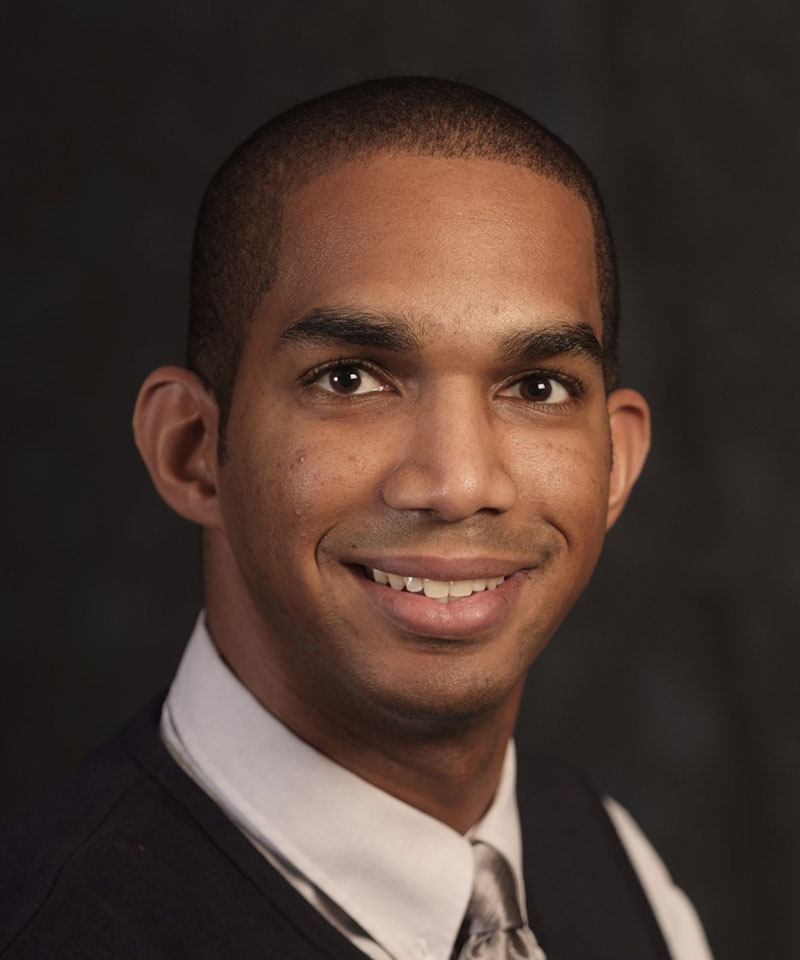R.E.A.L. Conversations
Bauer Research Explores Underlying Factors Preventing People of Color from Advancing
Published on April 11, 2022

Now that many organizations acknowledge the value of having a diverse workforce, what are some of the underlying factors that prevent black professionals from reaching upper echelon positions in their field?
New C. T. Bauer College of Business research explores that topic candidly via an academic paper titled, “R.E.A.L. (Racialized Experiences in Academic Life) Talk: A Curated Conversation with Four Black Fellows,” by Bauer Chair of Inclusive Leadership Derek R. Avery, a professor in the Department of Management & Leadership.
The co-authored article, published in the Journal of Business and Psychology, offers a curated conversation among four black organizational scientists who are among the few to achieve senior status as conferred by professional societies in the field.
The anonymous, edited discussion focuses on some of the challenges people of color experience as they pursue distinguished academic careers: Easy access to quality doctoral programs, competence affirmation, scholarly development, bias and other unique aspects of racial identity that can get in the way of a successful academic career, especially in fields such as management or organizational psychology.
The paper is documented by some of the research findings that spawned conversational topics. For instance, the researchers note that the members of the Society for Industrial and Organizational Psychology (SIOP) and the Academy of Management (AOM) are overwhelmingly Caucasian. Being named a Fellow is based on sustained research excellence, but Blacks in the field infrequently achieve it, they write.
“When it comes to the evaluation of outsiders and people of color and LGBT folks, we're just navigating different waters. We are held in some ways under suspicion — if we're on campus or off campus. We have, I think, a higher bar to jump and we're scrutinized more. All those things contribute together to us being excluded,” one scholar is quoted.
“There’s inequality getting into a doctoral program,” another says. “A big part of this is overreliance on test scores and, then not having the same support process after that, if you do get in. And then you have the not making the first hurdle problem with the tenure track process. That's another issue altogether. I'm sure a lot of people who could be Fellows probably derail during that process too and, after that first appointment failure, people move to more balanced or teaching-oriented schools or kind of fade away.”
Avery, who has spent his academic career focused on the impact of individual differences in the workplace, said the conversation is meant to shine a light on challenges in attracting and attaining more blacks to the organizational psychology field. But many of its lessons are more generally applicable as organizations focus on increasing diversity.
“I am committed to sharing actionable insights with current and future business leaders eager to evolve outdated and inequitable policies and practices in organizations,” Avery said. “We hope this paper contributes to that process.”